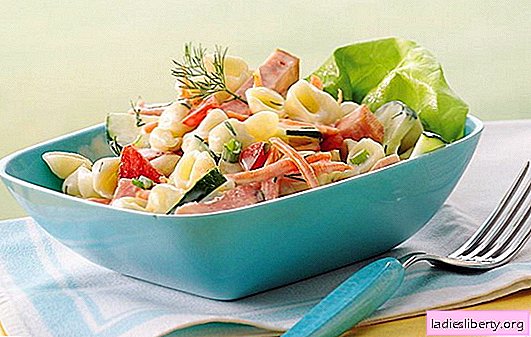
Children who eat a lot of salty foods are also prone to drink more sugary drinks, which in turn can lead to obesity.
Interviewing about 4,300 Australian children and adolescents between the ages of 2 and 16, scientists identified the following trend: the more salt they consumed every day, the more fluids they drank. Moreover, two-thirds of the children drank sweet drinks. Every day, for every 390 mg of salt, an additional 17 g of sweet carbonated drinks, juice, or other sugar-sweetened drinks were added.
These liquid calories, although weak, were associated with a risk of obesity. Thus, the chances of being overweight or obese were 26% higher in those children who several times a day quenched their thirst with something sweet.
The best parents can do is teach their children to drink water and limit access to sugary drinks, scientists say.
As for salty foods, abuse of them can increase blood pressure even in children.
In general, experts recommend no more than 2300 mg of salt per day for both adults and children. While, according to a recent study, American children and adolescents consume an average of 3400 mg of salt per day.
It should not be forgotten that most of the salt we get is not from the salt shaker, but from processed foods, which are recommended to be replaced with fruits, vegetables and other whole foods.
For parents, this is a signal to look at their children and their own eating habits. Children learn from examples. If high-sodium foods and sugar-sweetened drinks are readily available in the home and regularly consumed by parents, it is even more likely that children will also consume them.
And of course, you should bypass the notorious fast food, with its salted dishes and sweet chemical soda, which pours into the stomachs of consumers.











